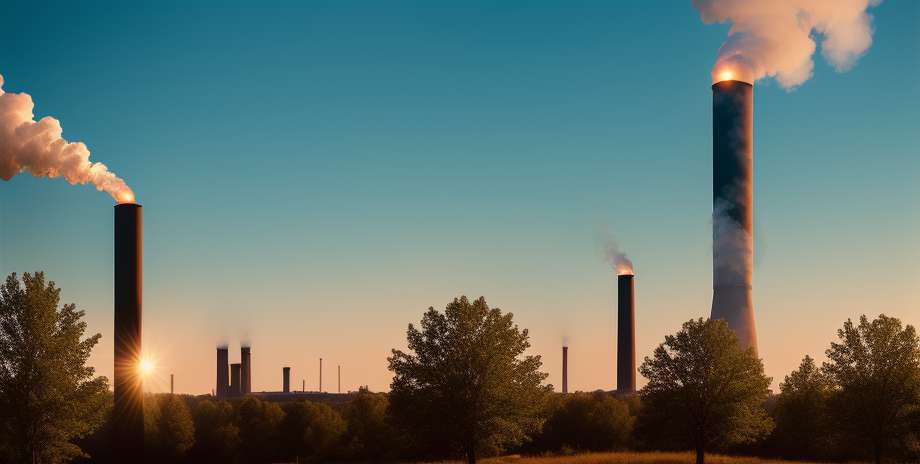Drink air water, the best for your health
May 2024

In his recent visit to Mexico, Al Gore, Nobel Peace Prize 2007 for his contribution to the reflection and global action against the climate change and former vice president of the United States, it was very clear: the global climate crisis we are living today is unprecedented and very dangerous, as it is a collision between civilization and the ecological system of the planet.
During a keynote address in the fourth edition of the Forums of Reflection Commitment by Mexico, under the theme Sustainable Development and Natural Resources , Gore warned about emissions of carbon dioxide into the atmosphere.
The burning of oil, oil, coal, natural gas, as well as forest fires, are generating an additional 90 million tons of carbon dioxide that accumulate in the atmosphere, "the gases that were put today, will remain there for a thousand years and they will trap more heat. " Therefore, Gore stressed, the temperature on Earth, in some way, has increased by more or less one degree.
The carbon dioxide , added the activist, is a new pollution that traps heat and when the temperature on the planet increases, gigantic rains occur that precede floods -even in places where they did not happen- droughts, fires, changes in the seasons, among many other consequences .
According to the international organization Greenpeace, climate change is increasing the pressure on Water by modifying rainfall patterns, river flows, lake levels and soil water. In some regions, water sources have dried up, in others the land has been flooded.
The marshes and river basins, where the majority of the human population lives, are deteriorating, new or more intense droughts appear, particularly in the poorest countries, and their sustainable development is affected to such an extent that it can pose a threat serious for your health. The trend of climate change, ecologists point out, is towards periods of drought more extensive. Before 1970, 15% of the earth's surface, at some point, suffered from droughts.
Currently, the proportion has increased to 30% and promises to get worse if drastic measures are not taken. According to the United Nations (UN) Organizations, Spain is the driest country in Europe. One third of its surface suffers a very high rate of desertification and 6% has already been irreversibly degraded. The areas most affected by this phenomenon are the Mediterranean slope and the Canary Islands.